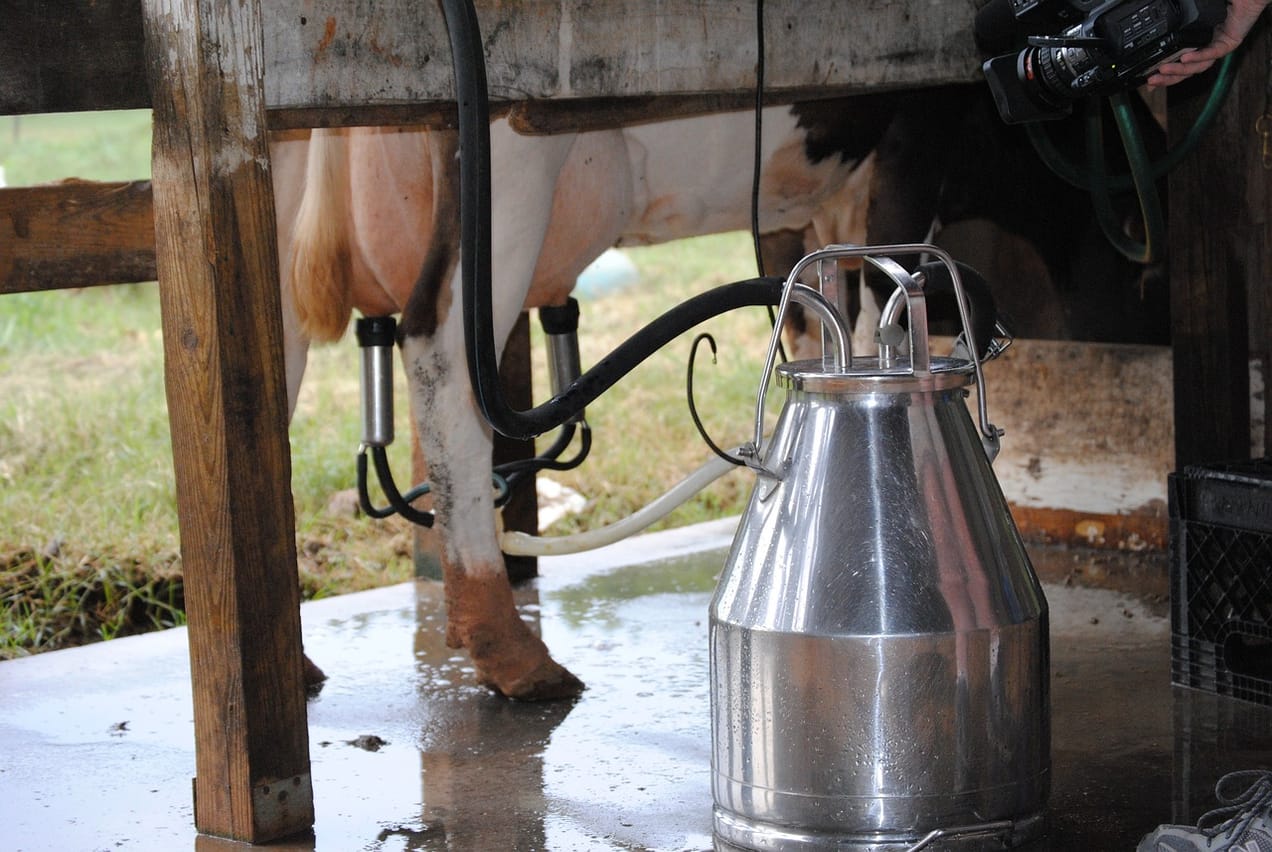Agriculture/natural capital
What we grow, where and how we grow it, and what we eat. Plus how we can protect and enhance our natural environment including biodiversity.
Politicians change their minds
If we are to make regulatory changes permanent, a greater focus is needed on the costs of sustainability related regulation. Yes, we understand the longer term benefits, but every change will create financial losers, and we need to get better at funding the transition periods.
New milk fridges could help farmers cut carbon and costs
Dairy farmers need to chill their milk to below 6oC within hours of carrying out milking. As we highlighted in a recent blog, there are some sustainability issues with fridges, freezers and chillers. Link to blog 👇🏾 Cooling food - regular, salty and constant volume.Modern fridges and freezers do a
Nature-related risks: almost certainly one for the board
We have known for a while that in many countries climate related risks should be considered by company directors. Now, in an Australian legal opinion commissioned by global climate/nature investment and advisory firm Pollination, in collaboration with the Commonwealth Climate and Law Initiative (CCLI) directors also have a similar
Rice: a perfect challenge for blended finance
The challenges we face in making rice more sustainable are a microcosm of the wider issues Sustainability Professionals face in agriculture. And the answer is probably blended finance.
Cooperatives and appellations: addressing the gap between the cost of coffee and farmer income.
The gap between coffee price and farmer income needs bridging. Can Co-operatives and appellations help.
Sustainable food: ingredient diversification and reformulation really helps
"Diversity may be the hardest thing for a society to live with, and perhaps the most dangerous thing for society to be without". William Sloane Coffin Jnr The food industry has the potential to make a massive difference in terms of making our agricultural system more sustainable. And
Should Agtech companies be worried about farmers right to repair?
The debate around the "right to repair" for farm machinery has been rumbling on for some time. This week we consider what it might mean for the companies that produce the specialist agricultural equipment.
Coffee, deforestation and new supply chains
It's August, and it's about coffee, and specifically about sustainability in coffee (two of my favourite topics) so for the first time we are highlighting a conference.
When a focus on productivity leads to system inefficiency
Rethinking how we view 'success' in farming could ensure the global population has sufficient nutrients.
Feed animals differently = feed an extra billion+
Agricultural reform could ensure the global population has sufficient nutrients.
Processed foods - from cost advantage to competitive disadvantage
High Fat, salt or sugar content ultra-processed foods have been a major contributor to the growing obesity pandemic. Calls are growing to shift to healthier options.
Making money from coffee waste
Global coffee production delivers more than 23 million tons of waste every year. There are innovative uses, including using it as a feedstock in biodigesters, and potentially as a raw material for the production of higher value nutraceuticals.











